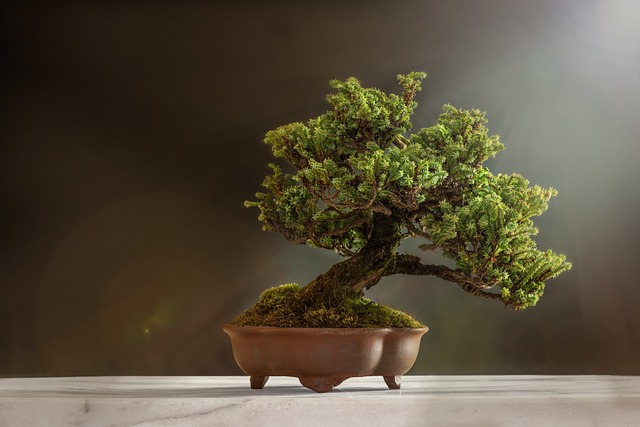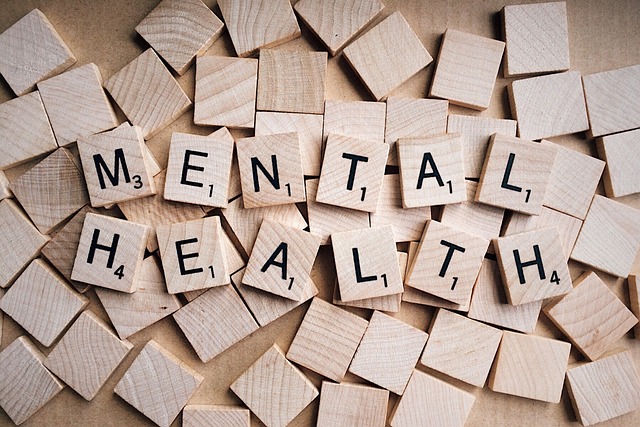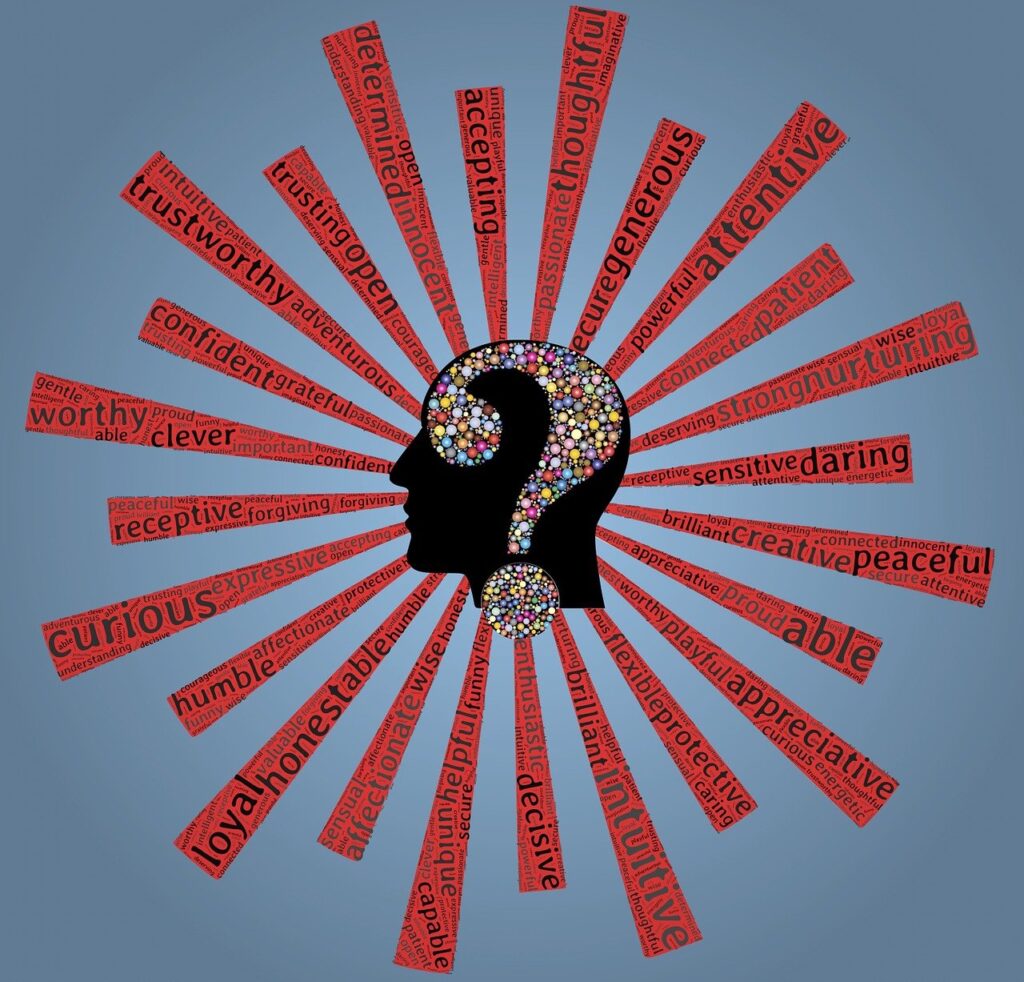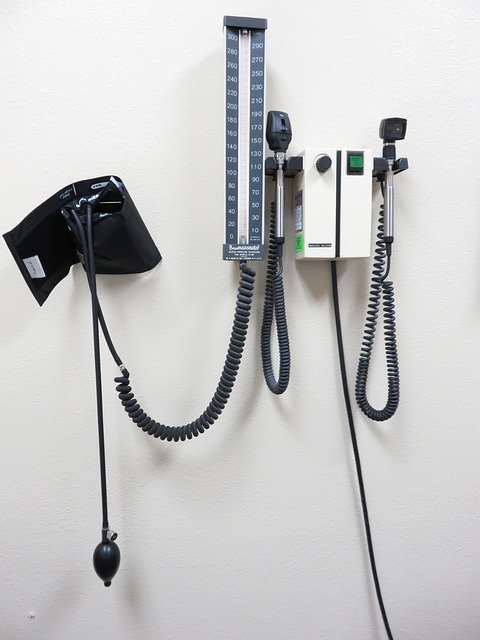Introduction
Many people live busy lives, filled with work, responsibilities, and obligations. However, it is important to make time for activities that bring joy and fulfillment. One way to do this is by having a hobby. A hobby is an activity that you engage in outside of your professional and personal duties, simply for the pleasure and satisfaction it brings. In this blog post, we will explore the advantages of having a hobby and how it can positively impact your life.




Improved Mental Health
Engaging in a hobby has been proven to have a positive impact on mental health. Hobbies provide an escape from daily stressors and offer a sense of relaxation and peace. When you focus your attention on a hobby, you temporarily shift your thoughts away from worries and anxieties, allowing your mind to recharge. Studies have shown that hobbies can reduce symptoms of depression and anxiety, and improve overall mental well-being.
Engaging in a hobby has a profound impact on mental health by providing a much-needed break from the pressures and stresses of daily life. When you immerse yourself in a hobby, you shift your focus away from any negative thoughts or worries, allowing your mind to relax and unwind. This break from the demands of work and responsibilities is crucial for maintaining good mental well-being.
Hobbies also provide an outlet for emotional expression and can serve as a form of therapy. Through creative hobbies such as painting, writing, or playing an instrument, individuals can channel their emotions, release stress, and create something meaningful. This process of self-expression can be incredibly cathartic and allow for a sense of release and relief.

Moreover, engaging in a hobby can help to reduce symptoms of anxiety and depression. By participating in an activity that brings you joy and fulfillment, you naturally increase the production of neurotransmitters like dopamine and serotonin in your brain. These chemicals, often referred to as “feel-good” hormones, help to regulate mood and promote a sense of well-being. Hobbies essentially act as natural mood enhancers, providing a sense of happiness, contentment, and fulfillment.
In addition, hobbies can significantly improve focus and concentration. When you are fully engaged in an activity you enjoy, you enter a state of “flow.” This state is characterized by complete absorption and a loss of self-consciousness. The focus and concentration required to excel in your hobby can have a meditative effect, helping to clear your mind of distractions and promote mindfulness.
Furthermore, having a hobby provides a sense of purpose and accomplishment. When you set goals and make progress in your hobby, you experience a sense of fulfillment and satisfaction. This sense of achievement can boost self-confidence and self-esteem, which are vital for maintaining good mental health.
Lastly, participating in a hobby can help establish a balanced lifestyle. It encourages individuals to prioritize self-care, take breaks, and invest time in activities that bring joy and relaxation. By incorporating hobbies into your routine, you create space for self-nurturing and allow yourself to recharge mentally and emotionally.
Having a hobby provides an escape from daily stresses, promotes emotional expression and therapeutic benefits, releases “feel-good” hormones, enhances focus and concentration, boosts self-confidence, and encourages a balanced lifestyle. Incorporating hobbies into your life can make a significant positive impact on your overall well-being, contributing to long-term mental health and happiness.
Personal Development

Hobbies also contribute to personal development. When you pursue a hobby, you have the opportunity to learn new skills and gain knowledge in a particular area of interest. Whether it’s painting, playing a musical instrument, or cooking, hobbies challenge you to step out of your comfort zone and acquire new abilities. Not only does this expand your horizons, but it also boosts your self-confidence and provides a sense of accomplishment. Being actively engaged in a hobby can also help you discover new passions and interests that you never knew you had.
Having a hobby provides individuals with an opportunity for personal development and growth. Engaging in activities outside of work and other obligations allows us to explore interests and passions that may have been previously neglected. Hobbies can also challenge individuals to step outside of their comfort zones, learn new skills, and develop talents.
Hobbies promote learning and skill development. As we pursue our hobbies, we naturally become more knowledgeable and skilled in the related area. Painting, for example, might seem like a leisure activity, but it demands a specific set of skills that require practice and cultivation. Similarly, cooking, playing sports, or learning a musical instrument all require dedication and consistent practice, which can significantly improve your skills over time.
In addition, having a hobby promotes creativity. Pursuing an activity that you enjoy can tap into your creative side, encouraging you to think outside of the box, problem-solve, and experiment. The creative process involved in hobbies can be therapeutic and invigorating, providing an outlet for self-expression and personal growth.
Moreover, hobbies can help an individual identify their passions and interests. Often, we may feel lost or unsure about our goals or life direction. By pursuing different hobbies, we have the opportunity to explore our interests and passions, which can help to clarify our values and purpose. Participating in activities that bring us joy and fulfillment can also enhance our overall life satisfaction and contribute to a sense of meaning.
Another way in which hobbies improve personal development is by providing an opportunity for setting and achieving goals. By setting goals related to hobbies, individuals can create a roadmap for improvement and personal growth. The sense of achievement that comes with meeting one’s goals can contribute to improved self-confidence, which, in turn, can translate into a willingness to take on new challenges and pursue further personal growth.
In summary, having a hobby provides many opportunities for personal development and growth. Hobbies can promote learning and skill development, encourage creativity and self-expression, help an individual identify their passions and interests, and provide opportunities for setting and achieving goals. Engaging in activities outside of our usual responsibilities can expand our horizons and promote self-discovery and personal growth.
Improved Physical Health

Engaging in hobbies is not only beneficial for your mental well-being, but also for your physical health. Many hobbies require physical activity, such as hiking, swimming, or dancing. By participating in these activities, you can improve your physical fitness levels, increase strength and stamina, and maintain a healthy weight. Regular exercise, even in the form of a hobby, releases endorphins, which are natural mood elevators and help reduce stress. By incorporating physical activities into your hobbies, you can reap both mental and physical health benefits.
Engaging in a hobby is not only fun and fulfilling but can also significantly impact your physical health. Many hobbies demand physical activity, such as gardening, hiking, or swimming, which contribute to maintaining and improving your fitness levels. Here are some ways in which having a hobby improves physical health:
Increased physical activity: Hobbies often require physical exertion, from gardening to practicing martial arts. By participating in these activities, individuals can increase their daily physical activity levels, which can have tremendous benefits on their overall health. Regular physical activity has been linked to a reduced risk of chronic diseases such as heart disease, hypertension, and diabetes.
Improved cardiovascular health: Engaging in physical activities related to a hobby can improve cardiovascular health. Movement and deep breathing can help increase circulation, reduce blood pressure, and strengthen the heart. Physical activity can also stimulate the production of good cholesterol, which helps to reduce the risk of heart disease.
Weight management: Hobbies that require physical activity can also aid in weight management. Regular exercise can help burn calories, maintain a healthy weight, and increase muscle mass.
Stress reduction: Hobbies can act as a form of stress relief, which can significantly impact physical health. Engaging in physical activities can lead to the release of endorphins, hormones that naturally reduce stress and anxiety levels. Physical exertion can also serve as an outlet for stress and tension, helping to improve overall emotional well-being.
Improved sleep: Engaging in physical activities through your hobby can promote better sleep quality. Physical activity has been shown to improve sleep duration and quality, which can have numerous benefits on overall health, including reducing the risk of weight gain, mental health problems, and other illnesses.
In summary, having a hobby can have significant benefits on physical health, such as increasing physical activity levels, improving cardiovascular health, aiding weight management, reducing stress levels, and improving sleep quality. By participating in a hobby that requires physical activity, individuals have the opportunity to improve their overall physical fitness and reduce the risk of many chronic diseases.
Mindfulness and Relaxation

In today’s fast-paced world, finding moments of calm and relaxation can be challenging. Hobbies provide an opportunity for mindfulness and relaxation, allowing individuals to enter a state of flow where they are fully immersed in the activity and become one with the task at hand. This concept of “flow” was popularized by Mihaly Csikszentmihalyi, one of the founding fathers of positive psychology, who defined it as a state of mind that arises when a person becomes completely absorbed in an activity, losing track of time and experiencing intense experiential involvement. In this state, people focus entirely on the present moment, similar to mindfulness, but with the added dimension of engaging in a challenging activity that requires personal effort and skill.
The flow state is achieved when a person’s skills are well-matched with the level of challenge in the activity. If the task is too easy, boredom can set in, while if it is too difficult, anxiety may arise. Flow occurs when the activity is neither too easy nor too hard, but just challenging enough to keep individuals fully engaged and motivated. This optimal state of engagement fosters enjoyment and enhances the overall well-being of individuals.
Engaging in hobbies, whether they are long-term pursuits or new activities, can help individuals access the flow state more regularly. Learning a new hobby is particularly effective in experiencing flow as it involves stepping into the unknown and combining thoughts to create new solutions. The process of learning something new can ignite the flow state and heighten the benefits of being fully present and engaged in the activity.
Flow activities have been associated with various psychological and physical benefits. When in the flow state, people experience heightened focus, productivity, and creativity while being less distracted by worries and concerns. Flow can reduce self-consciousness and stress, leading to increased relaxation and a sense of happiness and self-confidence. Moreover, accessing flow state regularly can promote a feeling of connectedness, improve creativity levels, and provide a sense of clarity. On a scientific level, flow states are associated with specific brainwave patterns that reflect relaxation and calmness, further contributing to stress reduction and goal achievement.
Hobbies not only offer the opportunity for flow but also serve as a valuable outlet for stress relief. Engaging in hobbies can provide a break from busy schedules and responsibilities, allowing individuals to recharge their batteries and enjoy leisure time. Additionally, hobbies can bring eustress, the healthy kind of stress that adds excitement and meaning to life. For those seeking social connections, hobbies that involve group activities offer the added benefit of social support, which can contribute to overall well-being.
In summary, hobbies provide a gateway to mindfulness and relaxation through the experience of flow, where individuals are fully absorbed in the present moment while engaging in challenging and enjoyable activities. Whether it’s learning a new hobby or pursuing long-time interests, hobbies offer a space for personal growth, stress relief, and increased well-being. By immersing ourselves in hobbies, we can experience the benefits of being fully present and engaged in the pursuit of enjoyable and fulfilling activities.
Increased Social Connections

Engaging in hobbies can indeed lead to increased social connections, offering an avenue to meet like-minded individuals who share similar interests. Hobbies encompass a wide range of activities, from creative and athletic pursuits to academic and individualized hobbies. The essence of a hobby lies in its meaningful and enjoyable nature, making it a pleasurable activity done during spare or leisure time.
Participating in group activities related to one’s hobby fosters the formation of lasting friendships and connections. Joining a book club, a sports team, or a painting class, for example, allows individuals to interact with others who have shared interests. These shared experiences, knowledge, and passion create a sense of belonging and community among hobbyists. Building a strong social network through hobbies has been linked to improved mental health and overall life satisfaction.
Studies have shown that hobbies can reduce stress levels and enhance overall well-being. Engaging in creative activities, even without prior experience, has been found to lower cortisol levels, a hormonal marker of stress. Such activities can lead to an improved sense of well-being and a higher positive affect or mood. Moreover, participating in team hobbies and group activities has been associated with decreased symptoms of depression, anxiety, and stress.
Hobbies that involve physical activity have additional health benefits, including reduced stress, blood pressure, and heart rate. Spending time outdoors, especially in nature, has been shown to improve mood, focus, and overall well-being. Taking up intellectually rewarding hobbies not only boosts brain activity but also increases confidence and provides opportunities to share expertise with others.
The social aspect of hobbies is particularly valuable, as it helps combat loneliness and improves overall health. Being part of group activities and engaging with like-minded individuals fosters communication skills, healthy relationships, and a sense of community. Social isolation can have adverse effects on physical, mental, and cognitive health, highlighting the importance of hobbies in promoting social connections and well-being.
In summary, hobbies not only provide personal enjoyment and relaxation but also facilitate the formation of social connections and a sense of community. Engaging in group activities related to one’s hobby allows individuals to meet others who share similar interests, leading to lasting friendships and improved mental health. As hobbies offer a fulfilling and enjoyable way to spend leisure time, dedicating time to these activities can significantly contribute to overall well-being and life satisfaction.
Conclusion
Having a hobby is not just a way to pass the time; it is an essential aspect of self-care and personal growth. Engaging in a hobby brings numerous benefits, including improved mental health, personal development, physical wellness, mindfulness, relaxation, and increased social connections. With so many advantages, it’s important to make time for hobbies in our busy lives. So, whether it’s painting, gardening, playing an instrument, or any other activity that brings you joy, don’t hesitate to pursue it. Allow yourself the gift of a hobby and experience the transformative power it can have on your life.

Leave a Reply